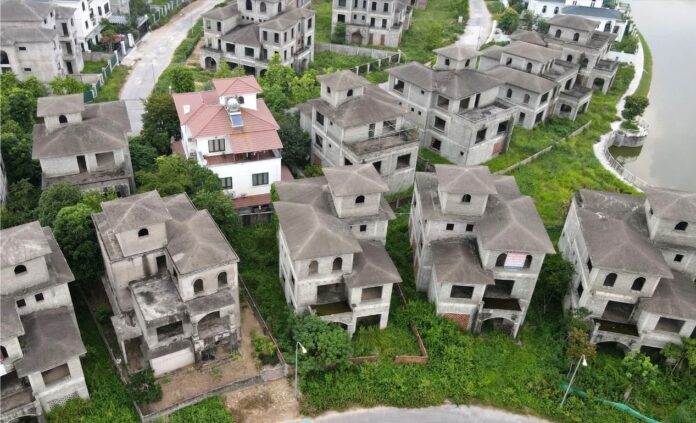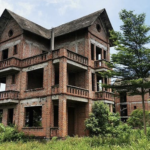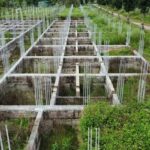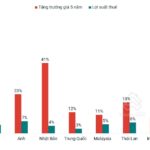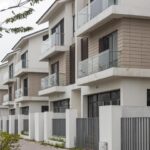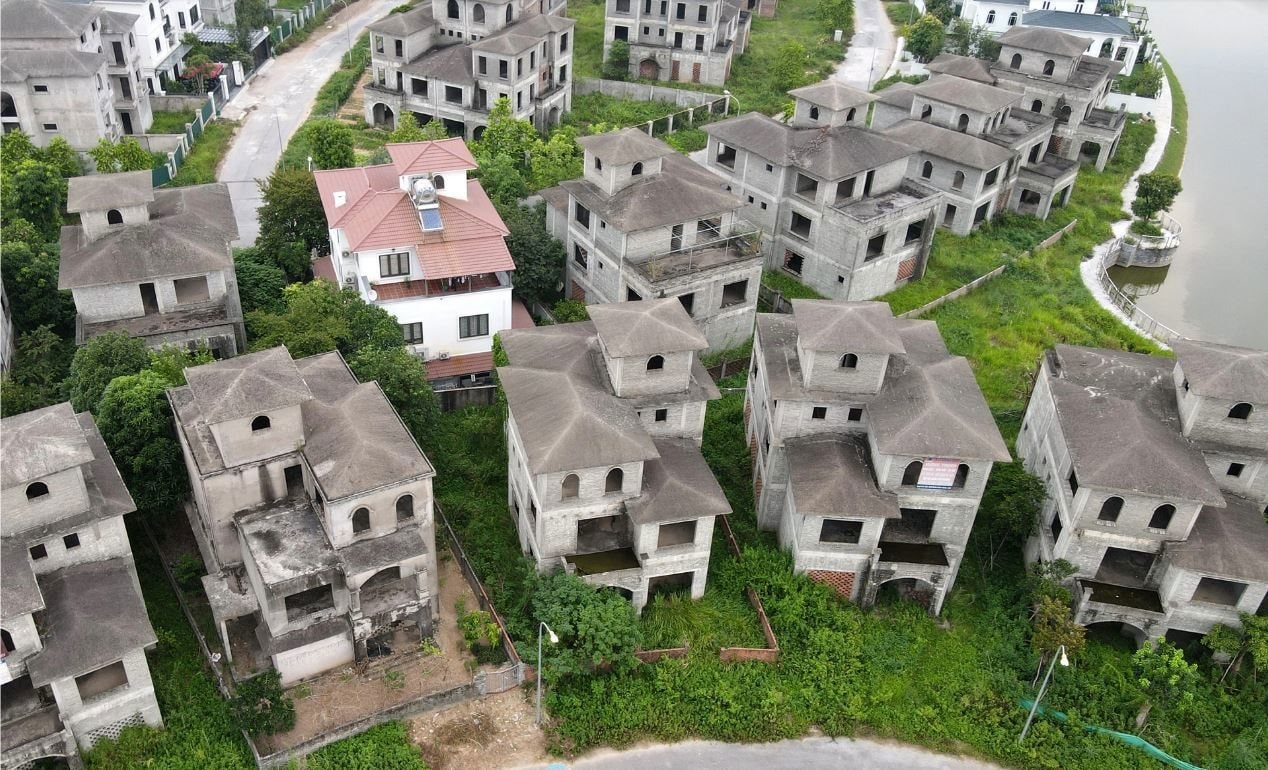
Prime Minister Pham Minh Chinh has instructed the Ministry of Finance to research and propose policies on taxing unused real estate and land price differentials.
In recent times, many localities, especially large cities like Hanoi and Ho Chi Minh City, have witnessed the emergence of “ghost” urban areas with hundreds of thousands of vacant houses, while reports indicate a severe shortage of affordable social and commercial housing. This paradox has led to a waste of land resources, an imbalance in supply and demand, and a distorted real estate market.
Commenting on the proposed tax, Dr. Nguyen Van Dinh, President of the Vietnam Real Estate Brokers Association (VARS), stated that it is a necessary measure in a context where speculation accounts for a large proportion of real estate transactions.
“They own dozens of properties but leave them vacant, artificially creating a scarcity and driving up housing prices,” said Dr. Dinh.
While many individuals and organizations are “hoarding” properties, waiting for prices to rise, the majority of the population struggles to afford a piece of land. This situation is not only socially unjust but also distorts the market mechanism.
Attorney Truong Anh Tu, Chairman of TAT Lawfirm, cited examples from Singapore, where taxes of up to 20-30% of the transaction value can be imposed on second and subsequent properties. In France, vacant home taxes start at 12.5% and increase to 25% of the estimated rental value after two years of vacancy. “Vietnam can certainly learn from these models, but we need to be flexible and adapt them to our management capabilities and socio-economic characteristics,” advised Mr. Tu.
Dr. Nguyen Tri Hieu, an economic expert, agreed that taxing real estate could help curb speculation and increase budget revenue. However, he noted that it is essential to determine the value of real estate, including both land and assets on the land, as a basis for taxation.
Concurring with the proposed tax, Prof. Dang Hung Vo, former Deputy Minister of Natural Resources and Environment, cautioned against mechanically applying foreign models, such as taxing the second home. Instead, he suggested considering the total value of ownership and household income.
Prof. Vo proposed that taxes could be levied based on the area or value of the property, combined with the timeline of vacancy.
Sharing a similar view, Dr. Nguyen Van Dinh referred to the South Korean model, where taxes on vacant land start at 5% for two years of vacancy, increase to 8% for five years, and reach 10% for over ten years. This approach serves as a deterrent and encourages owners to put their properties to practical use.
Prof. Vo emphasized that implementing this tax relies heavily on a comprehensive land data system. Currently, only a few localities, such as Dong Nai, have relatively complete data, while most provinces and cities lack digitized records, making tax control and collection challenging.
Prof. Vo also pointed out that, along with data issues, authorities must address several legal questions: How much should owners’ identities be disclosed? What criteria should be used to determine vacant properties? How can we distinguish between legitimate investment and speculation?
“If Vietnam can establish an appropriate tax framework, it will not only generate additional revenue for infrastructure, healthcare, and education but also regulate the real estate market to make it more sustainable and healthy. Conversely, a lack of control will create concerns among legitimate buyers and investors and distort the market,” Prof. Vo concluded.
“A Vacant Property Tax: Curbing Speculation and Soaring Property Prices”
“The proposed tax on vacant property, according to experts, will deter speculative buying and curb rising real estate prices. This measure is designed to discourage property flipping and the creation of artificial demand, which have been driving up prices. With this new tax, such practices will become obsolete, as there will be little to no incentive to engage in them.”
“Don’t Equate the 20% Tax Levy on Real Estate Capital Gains to Every Home Seller”
“Experts suggest that a 20% tax on real estate transfer profits should be targeted at the right individuals and not applied uniformly. This is especially important when considering the needs of those seeking genuine accommodation. The proposal aims to curb speculation and ensure a stable market, but it is crucial to differentiate between investors and those seeking a home.”
The Risk of a Generation with Multiple ‘Nones’: No Homes, No Marriages, and No Competitiveness due to Land Auction Scandals like “Thu Thiem”, Driving Real Estate Prices to Abnormal Heights
The recent land auctions in Hanoi have sparked concerns among experts about the negative impact on the real estate market and social welfare. The soaring land prices have resulted in housing costs that far outstrip the affordability of average citizens, threatening the stability of the property market and the well-being of the community.

